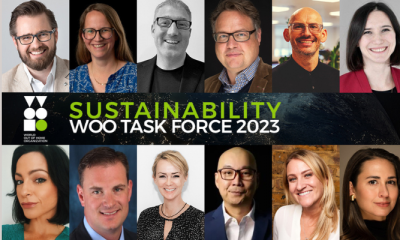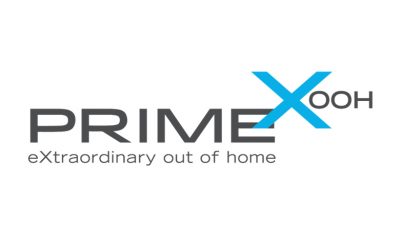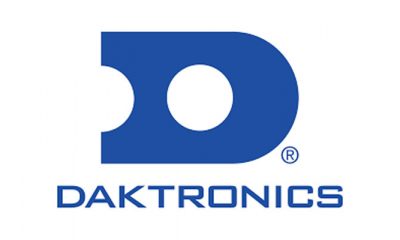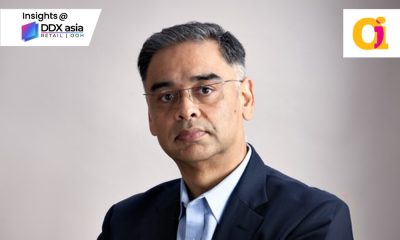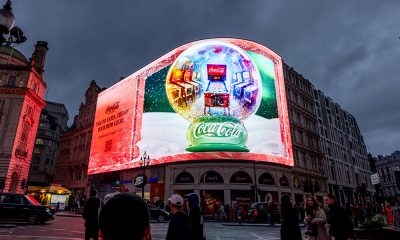Sustainability
‘Sustainability is core to OOH’
Key takeaways from a session on sustainability at the WOO Africa Forum
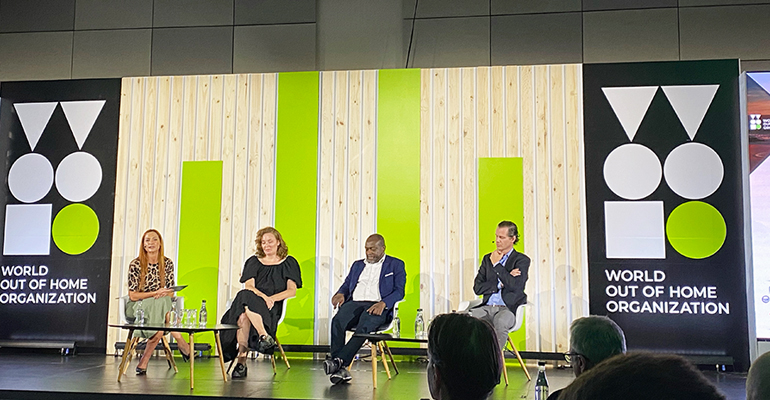
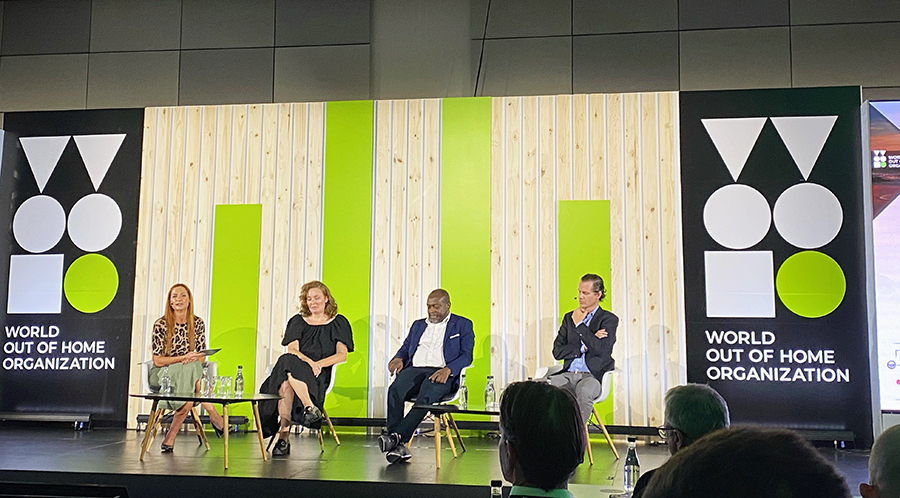
Sustainability is becoming an increasingly important factor determining the future of OOH business. While, currently most OOH firms may not be directly mandated to adhere to sustainability norms across the board, their participation in the OOH value chain will require them to adopt sustainability best practices in the immediate future. The session on sustainability at the WOO Africa Forum held in Cape Town earlier this month brought forth the key essentials for the OOH players on the sustainability plank.
The session, moderated by Jorja Wilkins, a well-known OOH leader in South Africa who has worked with companies like Primedia Outdoor, and having Megan Sayle, Head of Strategy, Carat South Africa, Dele Odugbemi, Chief Revenue Officer, JCDecaux Africa, and Mathieu Verbraken, Business Development Manager for Middle East, Africa and Western Asia, Daktronics as discussants highlighted the sustainability imperatives for OOH.
Responding to Jorja’s question on the importance of sustainability, Megan Sayle said “We often overlook the importance of sustainability, dismissing it as just another buzzword. As players in the marketing industry, our primary objective is to generate demand for products and keep the wheels of commerce turning. But amidst this focus on consumption, we must pause to consider our role in addressing sustainability challenges. It can be daunting to realise that our industry contributes to these issues. However, media agencies, particularly, play a crucial role in shaping sustainability practices. We are the decision-makers, influencing consumer choices and guiding marketing strategies at the highest levels of business. By embracing this role as custodians of decision-making, we can significantly impact sustainability efforts.”
She pointed out that today conversations are evolving beyond campaign metrics to address broader issues. “Investing in sustainability education, tools like carbon calculators, and prioritising sustainable practices are steps we’re taking to drive change in the media landscape. While it may seem like a weighty responsibility, it also presents an exciting opportunity for us to lead the way in sustainable practices.”
JC Decaux is known worldwide for its initiatives in the realm of sustainability. Throwing more light on this, Dele Odugbemi said, “We’ve moved beyond slogans to develop a strategy focused on ESG (environmental, social, governance) factors. Our goal is to set practical and clear targets across these areas, recognising the challenges within our industry’s existing structures. We emphasise a realistic timeline and a practical roadmap to achieve our sustainability objectives.
“Firstly, we must take responsibility and declare our commitment to the cause. Next, we need a practical approach, acknowledging where we currently stand in our journey towards compliance and achieving our ESG goals. For instance, in the social aspect, a company might set a clear strategy to ensure 40% representation of women, establishing teams dedicated to monitoring this target. Each company’s approach will differ based on their desired impact on the environment. For example, if a product consumes a significant amount of energy, the focus might shift to finding alternative energy solutions post-procurement. There are various factors to consider in our actions, but clear and well-defined targets pave the way for our progress.”
Mathieu Verbraken stated that Daktronics’ focus on sustainability “begins internally, with our buildings powered by renewable energy and a commitment to lean packaging. We strive to manufacture LED displays using recycled materials to minimise e-waste. During usage, we emphasise energy efficiency, aiming to deliver top-quality images with minimal energy consumption. Our immediate goal is to reduce energy usage by 50%, while our long-term vision involves exploring disruptive technologies that could potentially make us nearly off-grid, reducing energy needs to just 5% of current levels.”
Responding to the question on energy efficiency and hardware development, Mathieu said there are inspiring examples of positive action, such as the DECO deployment in Nigeria. Instead of large billboards, they’ve opted for a network of smaller displays above the roadside, achieving greater impact with less space. In South Africa where load-shedding is a major challenge, some OOH media owning firms are exploring off-grid solutions, incorporating battery packs, solar energy, and more energy-efficient products. “This challenge has pushed us to consider net zero and self-sufficiency solutions, possibly positioning us ahead in these areas compared to other regions. The necessity to meet these challenges head-on might be propelling us further towards sustainable practices.”
On how agency are aligning with the demands for sustainability, Megan said, “While agencies are theoretically accountable and clients seek assurance of sustainability efforts, the real challenge lies in achieving systematic change. This notion can be daunting, as it requires a shift in the very fabric of our operations. It’s simpler to create a single solar-powered billboard and consider the job done. However, true progress comes from re-evaluating our data storage practices, even adjusting the pixels on LED boards to reduce carbon emissions and heat generation. Additionally, considering the lifecycle of carbon materials used in DOOH advertising can lead to substantial environmental benefits.”
Megan also pointed out that the fate of archives, where they are stored, and how long they are retained are crucial considerations in moving towards sustainability, while adding that “sustainability should be ingrained in every aspect of our operations. We need clear data pathways and the creation of private marketplaces for sustainable OOH practitioners. As agencies, we must identify and promote sustainable partners to our clients. This isn’t about winning awards for flashy sustainability initiatives; it’s about holding ourselves accountable for our actions and their environmental impact.”
Dele highlighted that businesses should go beyond reactive responses and recognise sustainability as inherent to their core objectives. “This means aligning our corporate strategy with pillars such as organisational structure, quality personnel, governance, and social responsibility. For instance, we’ve seen how campaigns can be repurposed for schools, creating a practical impact for children while extending the life of the brand message. This approach not only benefits the community but also gives brands a renewed presence.”
On the matter of recycling of hardware, Mathieu said:“Looking back seven or eight years ago, the products we installed had a lifespan of 10 to 20 years, far more efficient than some current installations. Today’s products often have a shorter lifespan of about five years, leading to frequent replacements. However, there’s a positive shift—now, displays can be refurbished rather than entirely replaced. This means you can keep the existing structure and cabinetry, upgrading only specific components at a fraction of the cost.”
Jorja concluded the session by underscoring the imperative of collaboration among all industry stakeholders in the pursuit of sustainability goals.
